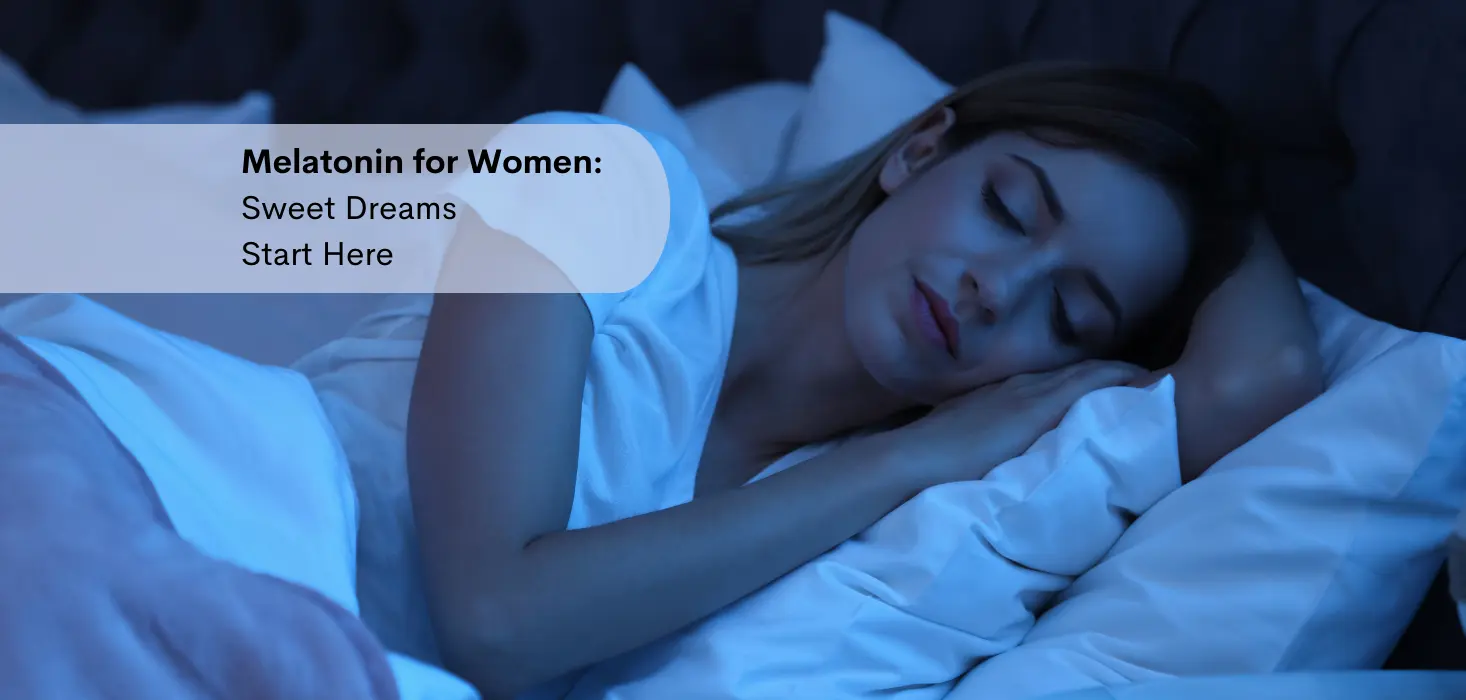Yet another difference between males and females is sleep. While it may appear simply that sleep is sleep for everyone, women do experience sleep in a different way than men.
According to the Sleep Foundation, almost half women get less than the average 7 hours of sleep recommended by the CDC.
Just one poor night’s sleep can reduce productivity and brain fog the next day. It is especially important for women to get approximately 7 hours of sleep each night. And, according to The Cleveland Clinic, women are twice as likely than men to experience depression and anxiety, and insomnia is tightly intertwined with these conditions.
It is clear to see that women don’t sleep the same way as men.
Here are some facts:
- Women are 1.58 times more likely to experience insomnia than men
- Women are 40% more likely than men to wake up periodically and stay up late
- Women spend more time in deep sleep yet have more fragmented sleep
- Overall, women sleep an average 11 minutes more than men in every life stage
- Men fall asleep more quickly than women
Significant differences between the sexes are seen in what is known as sleep architecture – how sleep stage cycling is experienced. For example: men sleep longer in the first two stages than women. Men also spend more time in REM sleep, however, older women experience more REM sleep than older men.
Hormone fluctuations throughout life stages impact a woman’s sleep during her lifetime: from PMS, to pregnancy, post-partum, peri-menopause and post-menopause.
A new review of studies exploring the sleep pattern differences between the sexes concluded that biological sex should be considered when addressing sleep support. The authors found that women view their sleep quality as lower than men do, and they report more significant interruptions and variances, especially throughout the menstrual cycle.
The review’s senior author, Dr Sarah L. Chellappa, MD, MPH, PhD, from the University of Southampton, commented, “Lower sleep quality is associated with anxiety and depressive disorders, which are twice as common in women as in men. Women are also more likely than men to be diagnosed with insomnia, although the reasons are not entirely clear.
How Women Can Improve Sleep
Healthy sleep reduces stress, improves mood, attention, focus and memory, repairs tissue and can reduce risk of chronic conditions.
Changing habits can help women improve their sleep duration and quality. Some quick tips:
- No caffeine after noon as it can stay in the body for 12 hours after consumption
- Drink in moderation; more than one glass can cause dehydration and intermittent awakening throughout the night
- Engage in regular exercise; walking just 20 minutes a day has many benefits; however, don’t exercise before bed as exercise is an energizer
- Turn off the phone and other screen devices; it calms the mind
- Wear a comfortable, snug sleep mask: a study in Sleep found that wearing a sleep mask, which blocks ambient light increased alertness and learning ability the next day
- Take safe, effective supplements such as melatonin – here’s why: The previously mentioned review also showed that melatonin is secreted earlier in women and men. Therefore, a sustained-release melatonin can help women not only fall asleep – but stay asleep for up to 8 hours.
Speaking about Melatonin
Melatonin supplementation is one of the best side effect-free sleep tools women can use and rely on. It is, hands down, the most-researched natural sleep supplement – a search on PubMed yields approximately 30,000 published studies mentioning melatonin! An AI inquiry noted that there are likely up to 500 studies focusing on melatonin’s effects on sleep in women.
One melatonin, Melotime, can provide women with the sleep benefits they need, especially for staying asleep for up to 8 hours. Melotime was engineered with a specific release profile to ensure improved stable sleep for up to 8 hours. Melotime delivers melatonin in a way that avoids sharp peaks in concentration common with immediate-release formulas.
A new pharmacokinetic crossover-design study compared 5mg Melotime and 5mg immediate-release (IR) melatonin in 16 healthy adults aged 18-45. The study found three noteworthy results:
- Melotime exhibited higher plasma concentration in the delayed phase from hours 4 to 8
- Melotime exhibited prolonged levels in the bloodstream
- Melotime showed an enduring half-life, extend to 5.10 hours (IR showed 1.01 hours)
Conclusion
The natural women’s health market is blooming. In the US alone, sales of women’s health supplements were estimated at $18.35 billion in 2023, according to Grand View Research. When formulating a new women’s health supplement, consider addressing sleep support with Melotime.
SOCIAL MEDIA POST
March is National Sleep Awareness Month, and our own Rajat Mittal Shah has a relatable anecdote to share:
“I used to roll my eyes when my mom complained about being wide awake at 3 AM. ‘Just read a book,’ I’d say. ‘Close your eyes and relax. Try Yoga Nidra!’ Easy fixes, right?
Now, as I approach 45, karma has come full circle — I find myself staring at the ceiling at 3 AM, debating life choices and wondering if I should just start my day.
Turns out, women’s sleep isn’t just about good habits. It’s a complex puzzle influenced by hormones, life stages, and, apparently, a cruel cosmic joke. So, what actually helps women get the sleep they need?
Read our blog here to find out.

